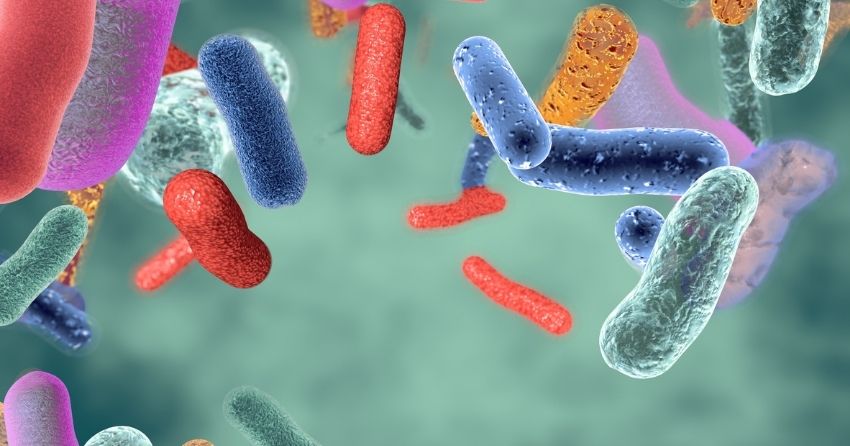Age-Related Changes to Gut Metabolites Linked to Amyloid-Beta Plaques

-
Metabolite production in the gut changes with age; these changes correlate with the presence of beta-amyloid plaques in the brain, a hallmark of Alzheimer's disease.
-
In this study of older adults, certain bacterial products of the gut microbiome, including high levels of lipopolysaccharides and the fatty acids acetate and valerate, were linked to larger amyloid deposits in the brain.
-
Other short-chain fatty acids, like butyrate, correlated with reduced amyloid plaques.
This commentary was posted by Reason on FightAging.org:
The research materials here examine the age-related changes in metabolite production in the gut microbiome and correlate those changes with the presence of amyloid-β in the brain, a feature of Alzheimer's disease. It is a good companion piece to another recently published paper that links changes in microbial population abundance and Alzheimer's disease. The question of causation arises, as always, but it is plausible to think that the aging of the gut microbiome, influential on chronic inflammation in the body, contributes to the risk of Alzheimer's disease, which is a condition that appears to be driven in large part by chronic inflammation.
This study was published in the Journal of Alzheimer's Disease in November 2020:
Intestinal bacteria can influence the functioning of the brain and promote neurodegeneration through several pathways: they can indeed influence the regulation of the immune system and, consequently, can modify the interaction between the immune system and the nervous system. Lipopolysaccharides, a protein located on the membrane of bacteria with pro-inflammatory properties, have been found in amyloid plaques and around vessels in the brains of people with Alzheimer's disease. In addition, the intestinal microbiota produces metabolites - in particular some short-chain fatty acids - which, having neuroprotective and anti-inflammatory properties, directly or indirectly affect brain function.
"To determine whether inflammation mediators and bacterial metabolites constitute a link between the gut microbiota and amyloid pathology in Alzheimer's disease, we studied a cohort of 89 people between 65 and 85 years of age. Some suffered from Alzheimer's disease or other neurodegenerative diseases causing similar memory problems, while others did not have any memory problems. Using PET imaging, we measured their amyloid deposition and then quantified the presence in their blood of various inflammation markers and proteins produced by intestinal bacteria, such as lipopolysaccharides and short-chain fatty acids."
This work thus provides proof of an association between certain proteins of the gut microbiota and cerebral amyloidosis through a blood inflammatory phenomenon. Scientists will now work to identify specific bacteria, or a group of bacteria, involved in this phenomenon. This discovery paves the way for potentially highly innovative protective strategies - through the administration of a bacterial cocktail, for example, or of prebiotics to feed the "good" bacteria in our intestine.





